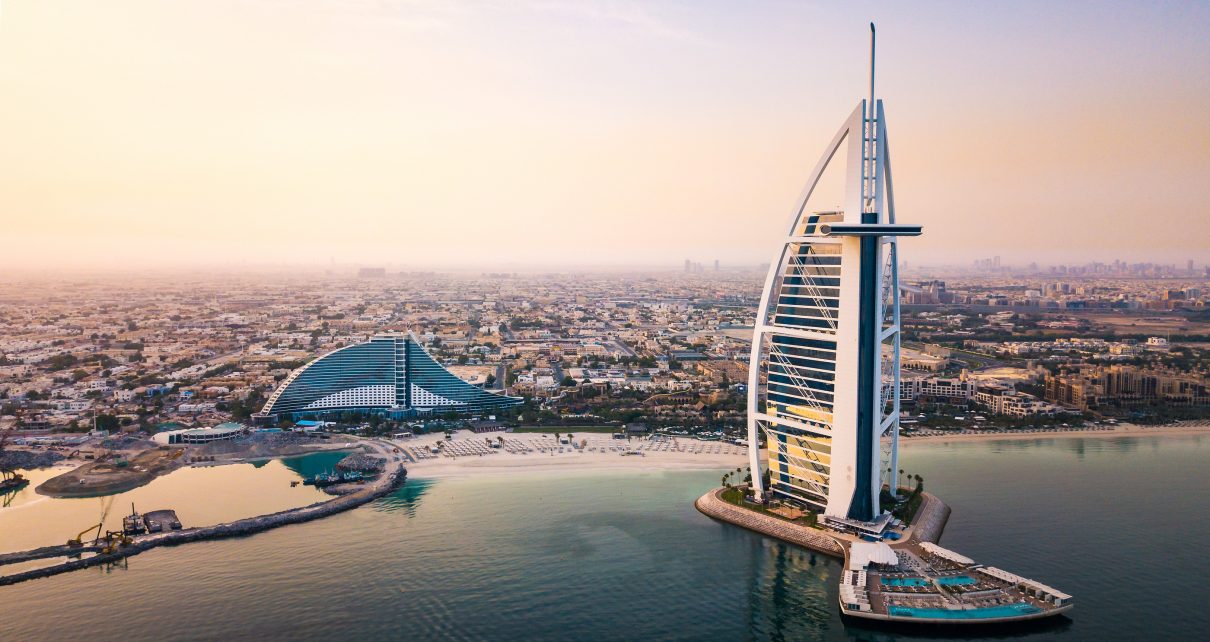Houston, Texas – A Diverse City
After the Battle of San Jacinto General Sam Houston’s army won Texas its independence from Mexico. Two brothers, Augustus Chapman and John Kirby Allen, bought 6,600 acres near Buffalo Bayou. They named the new town after their friend Sam Houston.
The city prospered after the war. Its port grew rapidly and the petrochemical industry thrived.
Founded in 1836
Located at the intersection of Africa, Asia, and America, Houston’s diverse culture is reflected in its food, art, music, and festivals. This diversity is due to the city’s rich history as a trading post. During this time, many people from different cultures settled in the area. This resulted in a mixture of cultures that is still evident today.
In the late 1800s, a number of important events happened in Houston TX. These included the creation of the Houston Chamber of Commerce, the first sustained newspaper for Texas, and statehood for Texas. The decade also saw the introduction of the telephone and electric power.
In 1836, two New York real estate promoters bought 6,642 acres of land near Buffalo Bayou. They named it after Sam Houston, and convinced Congress to move the seat of government there. The settlers built crude log cabins and taverns. The town was a rough and rowdy place typical of frontier Texas. But it was a promising business venture, and the Allen brothers soon earned money from their risky investment.
Known as the Energy Capital of the World
In the 1950s Houston’s economy expanded to include chemicals, shipping and international trade. The city built new hospitals, airports and highways. The 1970s brought the oil boom that made Houston a national powerhouse. The Arab oil embargo quadrupled oil prices, and stock values skyrocketed, bringing new wealth to the area and creating a boom in office buildings and shopping malls. A new airport opened and the first international terminal at Hobby opened. In 1961 the first manned spacecraft center was established, and eight years later the astronauts’ call came from Houston: “Houston, Tranquility Base here, the Eagle has landed.”
Today, Houston is an economic leader in energy, aeronautics, and medical research. It is the home of two of the world’s largest oil companies, a world-renowned research institute and 47 highly respected medical centers. It is also the site of NASA headquarters – responsible for putting the first man on the moon – and the Texas Medical Center, the world’s largest.
Home to the University of Houston
The University of Houston is the largest provider of comprehensive university services from the baccalaureate to the doctorate in Texas. Founded as Houston Junior College in 1927, UH entered the state system of higher education in 1963 and has been a vital part of the city’s development since its inception. The university is home to numerous research centers and programs.
The university’s campus is organized into five core districts, each with its own architectural style. The centerpiece is the Cullen Performance Hall, which hosts a variety of concerts and theatrical performances sponsored by departments and organizations. The Blaffer Art Museum exhibits contemporary art and hosts international visiting artists.
The university has a 17-sport intercollegiate program that competes in NCAA Division I. The students show their team spirit by displaying the Cougar Paw, a hand sign of camaraderie and support. The university is also home to Frontier Fiesta, a re-creation of a 19th-century western town that features food and music.
Known for its diverse culture
The city’s diverse culture is a result of its melting pot of people from all over the world. It has over 90 languages spoken in the city and is a hub for international cuisine, arts, and traditions. This has made it one of the most culturally diverse cities in the US.
Houston has a strong art culture and is home to numerous museums and theaters. The city is also known for its diverse music scene. It has a number of popular musicians from different genres, including rap.
The city’s many festivals celebrate its cultures and traditions. For example, the annual Houston Livestock Show and Rodeo showcases traditional Western culture with rodeo events and concerts from major artists. Other festivals celebrate Asian, Latino, and African-American culture. The city also has a large gay community and a rich history of civil rights activism. Many of these festivals have been around for decades. This diversity reflects the fact that Houstonians are tolerant of other cultures and are open to new experiences.


